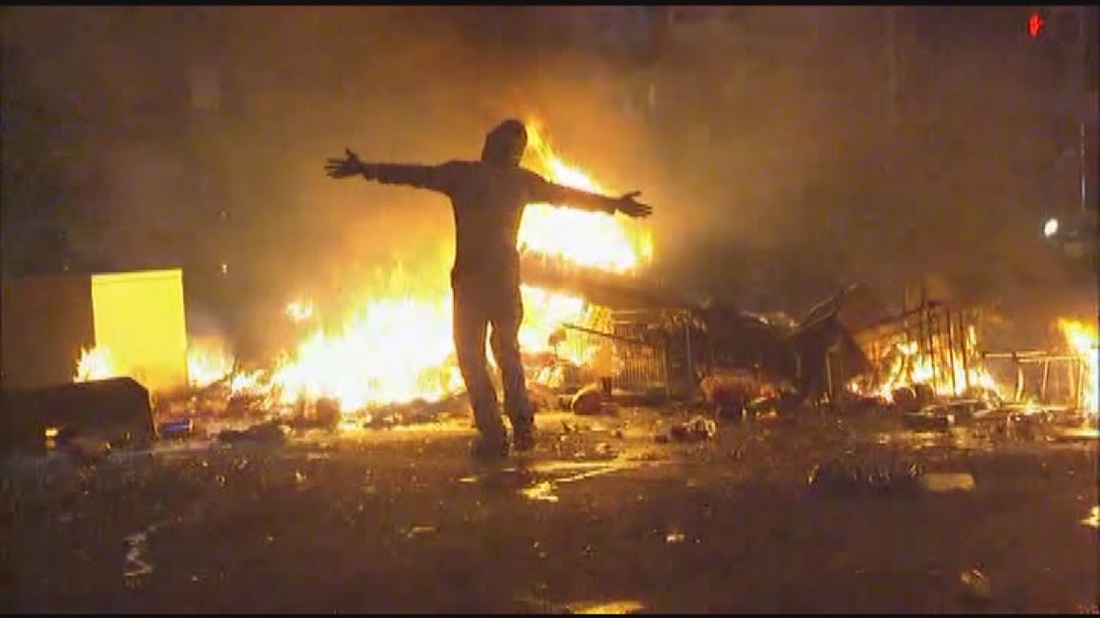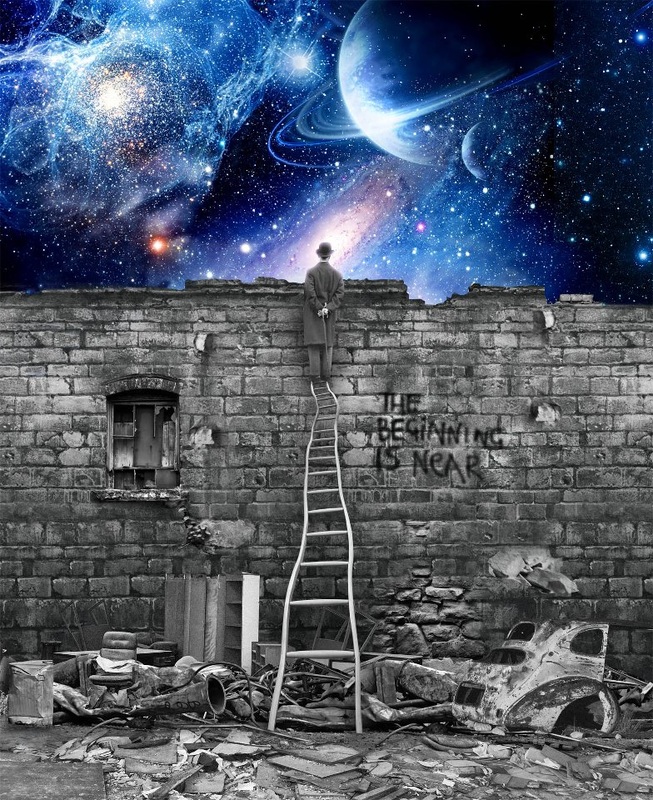I don’t much trust people who talk too much about the Book of Revelation. As I see it, that book and its
dream-like apocalyptic imagery is (at best) fuel for wild yet idle speculation under the cover of allegedly divine revelation.I’ve heard that Luther had similar things to say on it. Here is Luther’s highly critical preface to Revelation:
|
Moreover he seems to me to be going much too far when he commends his own book so highly [Revelation 22]—indeed, more than any of the other sacred books do, though they are much more important—and threatens that if anyone takes away anything from it, God will take away from him, etc. Again, they are supposed to be blessed who keep what is written in this book; and yet no one knows what that is, to say nothing of keeping it. This is just the same as if we did not have the book at all. And there are many far better books available for us to keep.
Many of the fathers also rejected this book a long time ago; although St. Jerome, to be sure, refers to it in exalted terms and says that it is above all praise and that there are as many mysteries in it as words. Still, Jerome cannot prove this at all, and his praise at numerous places is too generous.
Finally, let everyone think of it as his own spirit leads him. My spirit cannot accommodate itself to this book. For me this is reason enough not to think highly of it: Christ is neither taught nor known in it. But to teach Christ, this is the thing which an apostle is bound above all else to do; as Christ says in Acts 1[:8], “You shall be my witnesses.” Therefore I stick to the books which present Christ to me clearly and purely.










